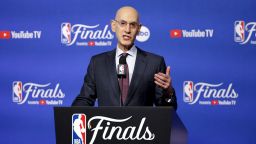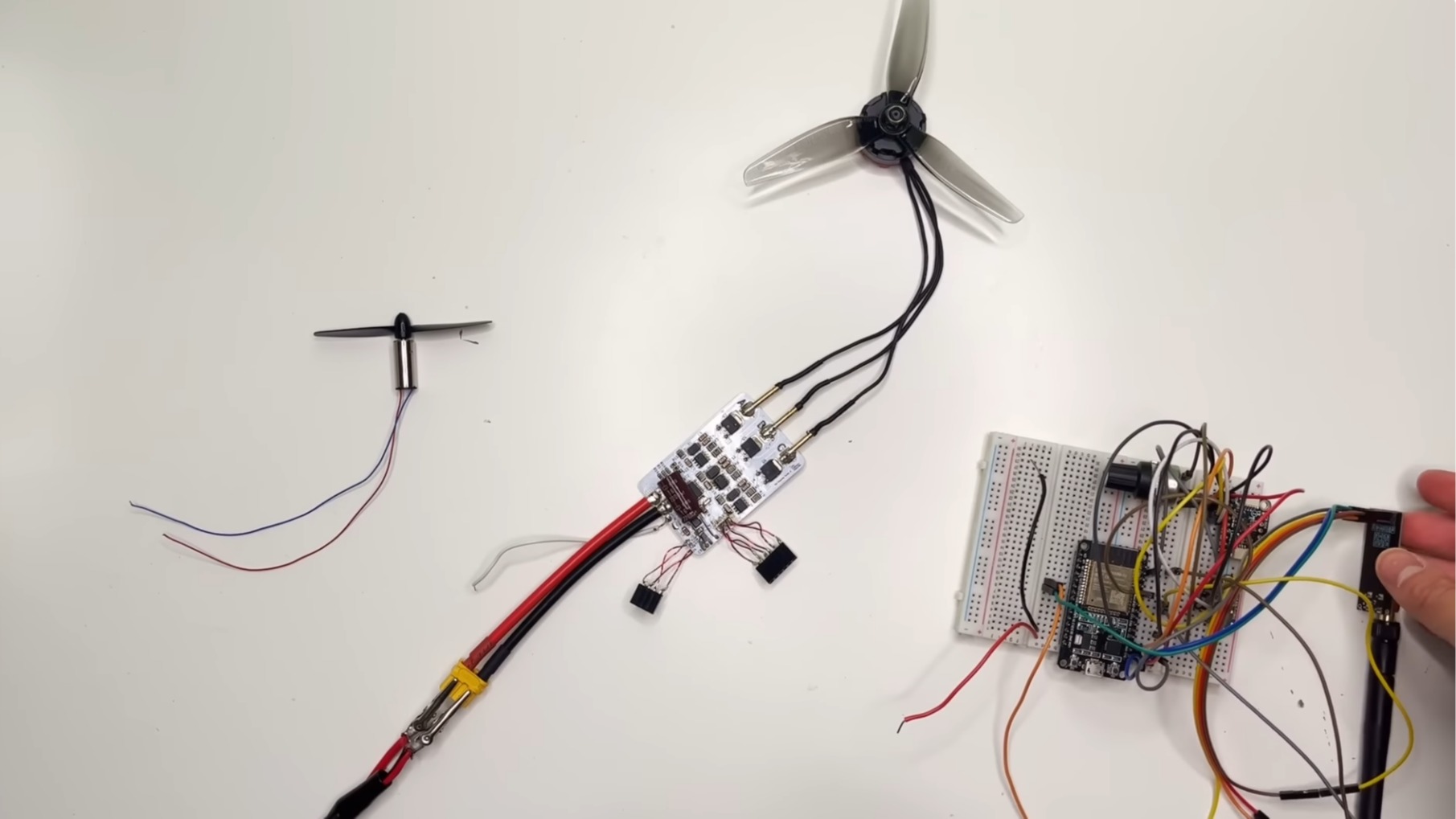The NCAA has until 5 p.m. ET on November 21, 2023, to decide whether to adopt a controversial rule change allowing college athletes and staff to place bets on professional sports. This decision comes amidst rising accusations of gambling irregularities across Major League Baseball, the NBA, and college basketball, stirring apprehension about the impact on the integrity of collegiate athletics.
Under current regulations, college athletes, coaches, and staff are prohibited from engaging in any gambling activities tied to sports where the NCAA holds championships. While betting on horse racing may be permitted, wagers on popular sports like baseball, football, basketball, and hockey have long been off-limits. The proposed rule change aims to reconcile the growing acceptance of sports betting in various states with the realities faced by college athletes, who are often exposed to gambling environments.
Roberta Page, director of athletics at Slippery Rock University and chair of the Division II Management Council, stated, “This change recognizes the realities of today’s sports environment without compromising our commitment to protecting the integrity of college competition or the well-being of student-athletes.”
The rule change, originally set to take effect on November 1, faced intense scrutiny following allegations of rigged games linked to organized crime. Reports from the New Jersey Attorney General’s office revealed charges against 14 individuals, including student athletes, for running an illegal online sports betting operation associated with the Lucchese crime family. These developments prompted Greg Sankey, commissioner of the Southeastern Conference, to express concerns about the proposed rule in a letter to NCAA president Charlie Baker.
Sankey urged the NCAA Division I Board of Directors to reconsider the proposal, advocating for strong standards to keep college participants separate from sports wagering. Despite his objections, records indicate that both of the SEC representatives on the NCAA cabinet voted in favor of the change, illustrating the complex dynamics at play.
As of now, the NCAA has not received the necessary support to move forward with the rule change. To rescind the proposal, two-thirds of the Division I member schools must submit their opposition by the deadline, amounting to at least 241 schools out of 361. A source from the NCAA revealed that “as of right now, we are not meeting that threshold.” If the required responses are not received, the rule will automatically go into effect on November 22.
In the weeks leading up to this decision, the landscape of college sports has been further complicated by ongoing investigations. Two pitchers from Major League Baseball have been indicted for their involvement in game-fixing schemes, while six college basketball players from three institutions faced permanent bans from NCAA competition due to similar offenses.
As the debate continues, the NCAA grapples with the implications of legal sports betting and its potential effects on college sports integrity. The organization’s next steps will likely set a precedent for how college athletics navigates the evolving landscape of sports gambling.







